Market Scorecard
We were joking in the office yesterday morning that the market must be broken, there were two days of uninterrupted green markets. Things seem to be back to the new normal today though. US markets opened in the green, then went red and recovered going into the close, to finish mixed. As long as there is uncertainty about what will happen between the globe's two biggest economies, markets will be jumpy. A breakdown in international trade will hamper global growth which then leads to lower profits for multinational companies.
Yesterday evening Aspen gave an update on operations. Their sale of the nutritional business is moving along, with the deal expected to close in the first quarter of 2019. For the rest of their business, revenue growth is in line with their forecasts, with the added benefit of currency movements going in their favour this year. They say that over the medium term, they want to bring net debt levels down to increase the strength of their balance sheet.
Yesterday the
JSE All-share closed up 0.28%, the
S&P 500 closed down 0.02%, and the
Nasdaq closed down 0.39%.
Our 10c Worth
One thing, from Paul
To my great delight,
Uber has finally filed to go public in early 2019. Its common stock will be available to buy and sell on the NYSE or the Nasdaq, so we can all choose to add a holding in Uber to our portfolios. Uber was able to stay private for so long because it raised billions of dollars from investors at public-company-like valuations from private sources. Companies like these are called unicorns.
I know that the company has its critics, but I think that
it is an incredible business that has revolutionised mobility. Everything about its seamless, mobile phone-based business model would not have been possible until a few years ago.
The current valuation, based on recent share deals, is about $75 billion. It is growing fast but is not profitable. It had $12.7 billion in gross bookings last quarter and lost just over $1 billion. It is
spending lots of cash on new markets and on businesses, like Uber Eats, which generated $2.1 billion in gross bookings. They are now eyeing electric-scooter rentals, logistics and autonomous cars.
Uber CEO Dara Khosrowshahi (who seems like a very talented leader) points out that some ride-hailing markets generate profit for Uber after accounting for local operations teams, drivers and other regional expenses.
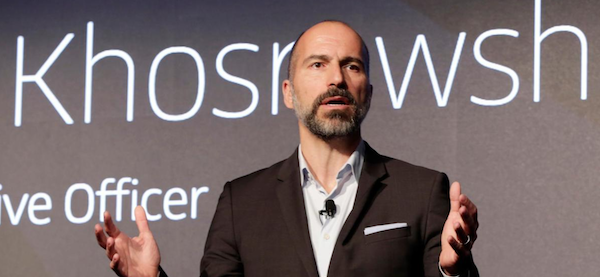
Morgan Stanley seems to have beaten out Goldman Sachs Group Inc. to lead Uber's IPO, which is cool because the lead Morgan Stanley banker moonlights as an Uber driver. More about that story here:
Bloomberg.
Uber had $6.6 billion in cash on hand at the end of the quarter, not including the $500 million it recently raised from Toyota Motor Corp. or its $2 billion debt offering.
When the listing happens,
I'll be finding some spare cash to get involved. Given how much my family spends on Uber rides, I would be a fool not to own the stock.
Byron's Beats
In light (or lack there of) of Eskom's recent dramas, I like the idea of semi privatising the "business". There are a few ways to do this. The first is to sell non-core assets to the private sector. I didn't even know Eskom had a home-loan book until I saw this
Fin24 article.
It turns out that they have a loan book worth R8.7bn. It makes no sense for Eskom to be loaning money when they can barely service their own debt. The article suggests that African Rainbow Capital, Patrice Motsepe's investment fund, could be sniffing around to purchase the book. Patrice wants to move into financial services and Eskom should be getting out, sounds like a perfect fit.
It is good to know that there are solutions. Now what else can Eskom sell?
Michael's Musings
I'm not convinced that crypto currencies will replace traditional currencies when it comes to day to day use. Who wants to convert your salary from Rands to Bitcoin, to then go buy something priced in Rands? You might as well just leave it in Rands.
Where I do think that crypto currencies and blockchain technology will be a major disruptor, is in the international payments space. If you have sent money to your Vestact US account, you will know how painfully slow and expensive the process is.
Imagine being able to do an international payment with the same ease that we currently do local EFTs, and at a similar cost. It is coming -
Ripple to begin blockchain payments by first quarter.
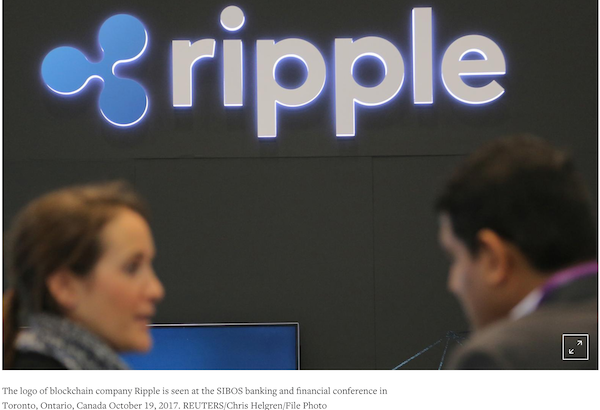
Bright's Banter
On Tuesday night, Shoprite was my stock pick on the Business Day TV show
Stock Watch. My thesis is simple, Shoprite continues to
increase their store footprint across the continent in countries that have less formal retail penetration.
Shoprite enjoys the first mover advantage and now is exploiting it by bringing the best prices to consumers through manufacturing their own brands and selling them at the correct price. Shoprite also has the advantage of having consumer behaviour insight that Fast Moving Consumer Goods (FMCG) companies do not have.
The main issue is that FMCG companies are struggling to pass on food inflation to retailers like Shoprite.
The reason is because these retailers now manufacture their own in-house no-name products in almost every (Stock Keeping Unit) SKU, which increases competition. The increased competition means more realistic pricing of consumer goods; a boon for consumers and the old school FMCG giants lose their pricing power.
Initially FMCG companies enjoyed pricing power because of access to large amounts of capital that they could then plough into TV and Radio advertising back in the day. Smaller FMCG companies couldn't compete as they simply didn't have the capital.
The big difference today is that entrepreneurs are building billion dollar brands solely using social media with no capital outlay on ads. We've seen this with
Dollar Shave Club which then got acquired for $1 billion by Unilever.
My prediction is that the FMCG industry will continue to face pressures from large retailers and smaller brands that spend less capital on advertising and focus more on selling a better product tailored to the needs of the consumer. The winners are big retailers i.e. Shoprite and Woolies.
The recent hiccups Shoprite has faced in Africa are only temporary and as a result the share price has been coming off a little, providing some opportunities to buy. I still think the valuation of the business is not cheap, but
at the right price this could be a good defensive investment.
Here's the
Dollar Shave Club YouTube video that put them on the map.
Linkfest, Lap it Up
This is pretty exciting. We are one step closer to commercial visits to space -
Virgin Galactic's Thursday test flight shoots for record heights.
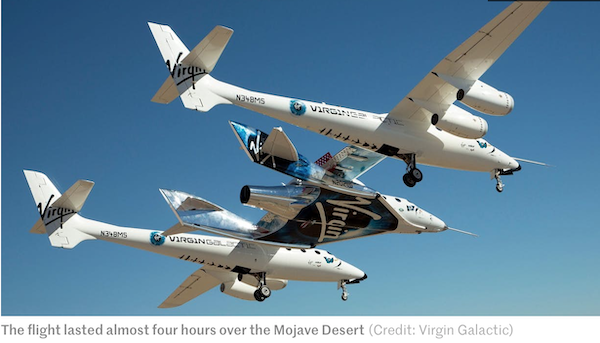 Wow, Chinese debt
Wow, Chinese debt is now cheaper than US debt -
Markets Conclude the U.S. Is Riskier Than China
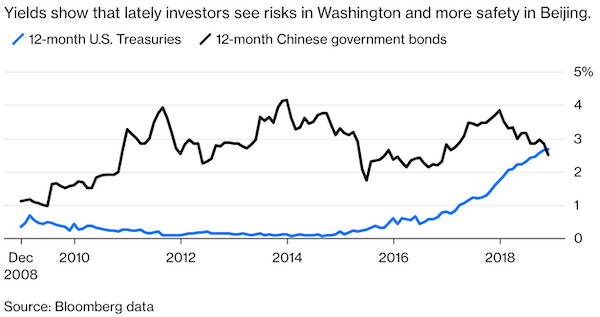 Vestact Out and About
Vestact Out and About

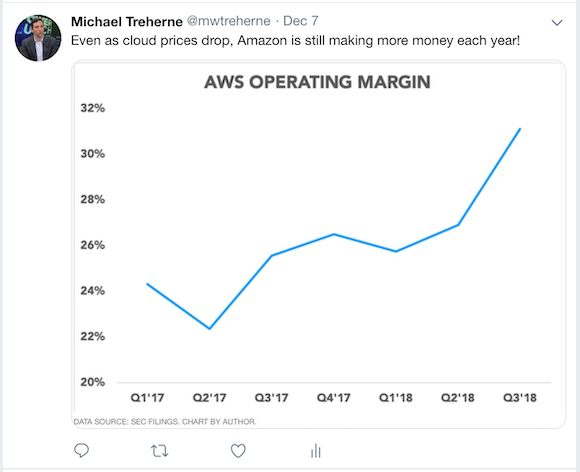 Signing off
Signing off
The JSE All-share is lower this morning. Looking at the day ahead, there are retail sales figures and then an oil rig number for the US. Next week there is the final Fed meeting for the year and Nike report numbers. This is the last newsletter for the year, we will kick things off again from the second week of January. You can still reach us via email and the office phone through the break. Enjoy the festive season!
Sent to you by Team Vestact.





